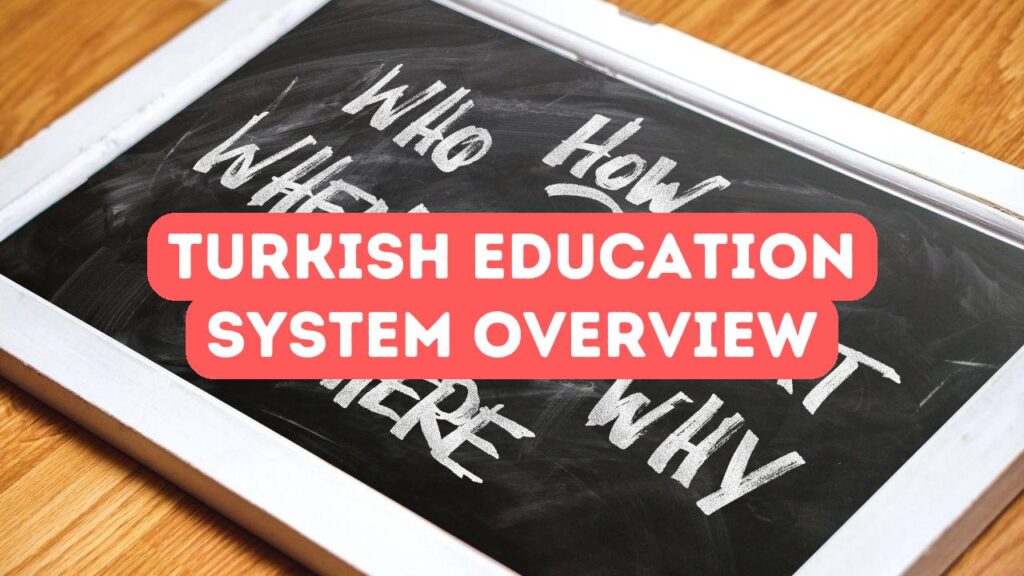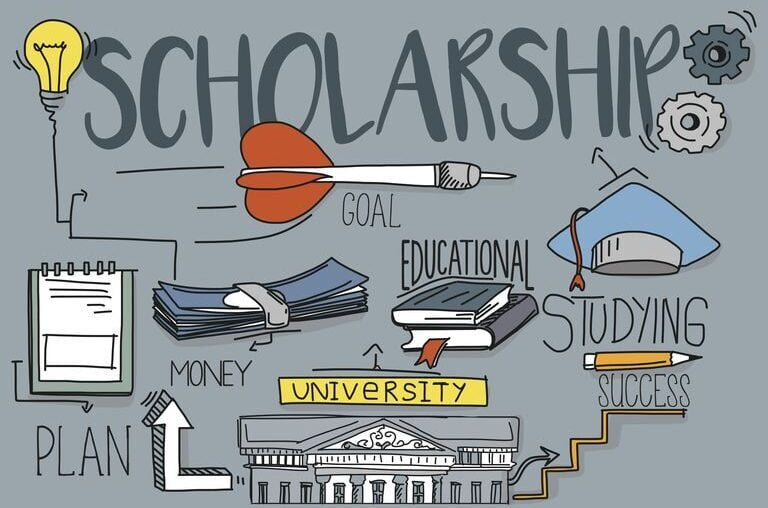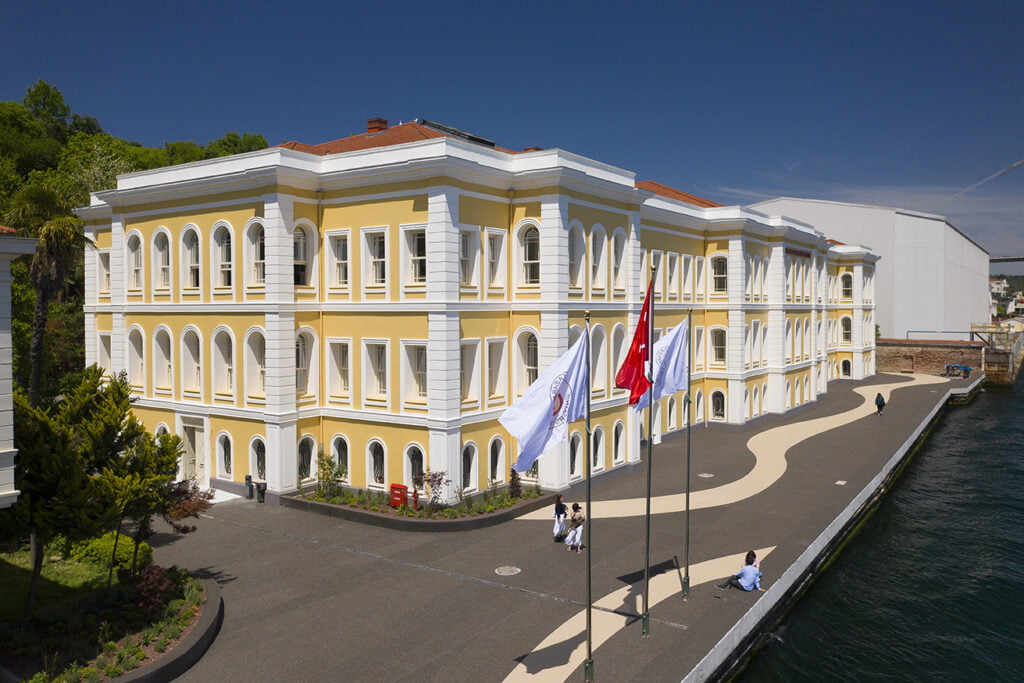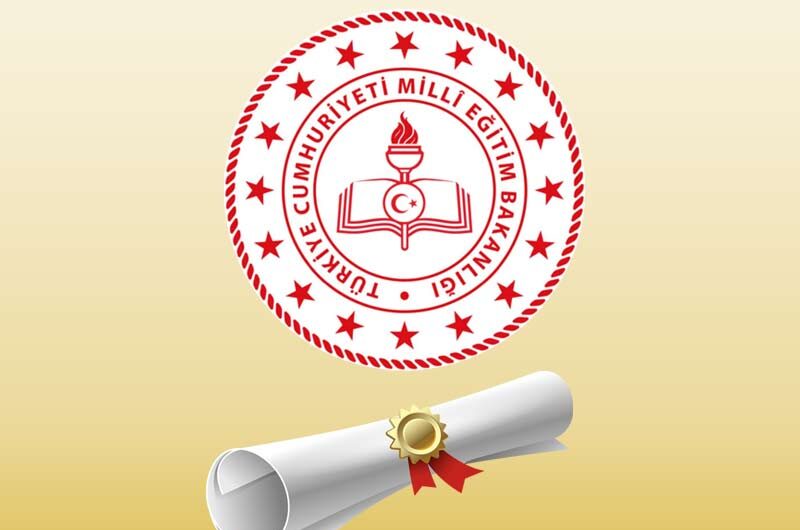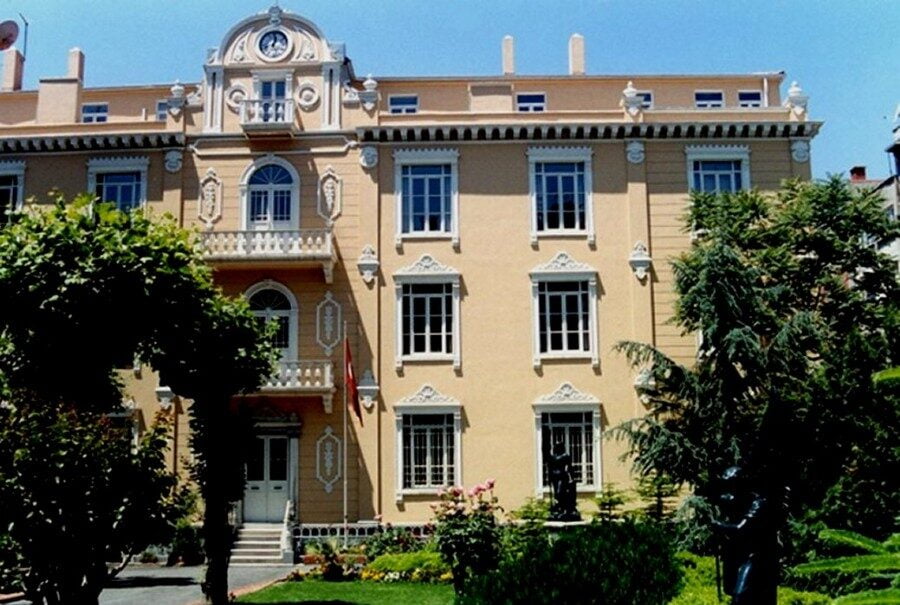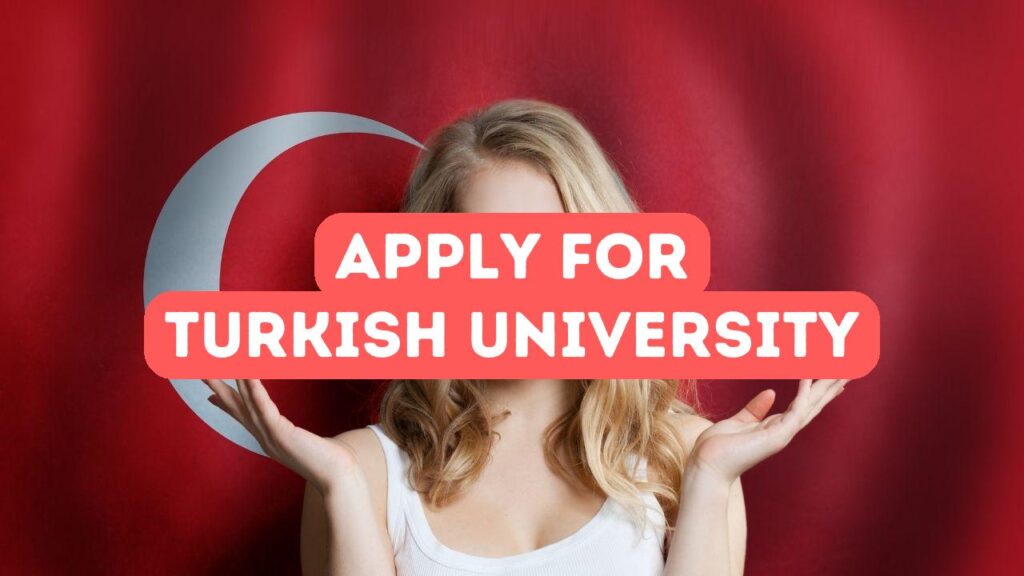Navigating the Turkish education system can feel like embarking on a new adventure, much like setting sail on unfamiliar seas. Many expats moving to Turkey find themselves diving into this system with hopes and questions. What should they expect from Turkish schools? Understanding the education in Turkey is vital, especially for families looking to settle down. The dynamics can seem overwhelming at first, but with a little research, they soon find their rhythm. Deep in the heart of Turkish education, there’s a blend of traditional and modern teaching methods. Students from around the world choose to study in Turkey, drawn by its rich culture and diverse learning environments. Expat education in Turkey often necessitates understanding local norms while embracing new experiences. As each family navigates this journey, they discover an educational tapestry that’s as vibrant and varied as Turkey itself. How will you chart your course?
Understanding the Structure and Key Institutions of Turkish Education
The Turkish education system is a tapestry woven with layers of history and modernity. At its core, it involves 12 years of compulsory education, divided into primary, middle, and high schools. Turkish schools, whether public or private, are the entry point for families keen on understanding education in Turkey. From Anatolian High Schools to Science High Schools, there is a wide array of choices catering to diverse academic aspirations. For those considering expat education in Turkey, the international schools provide a familiar curriculum with a Turkish twist. Universities, often nestled in bustling cities like Istanbul and Ankara, are the crown jewels for any student aiming to study in Turkey. Here, the blend of academic rigor and cultural richness offers a unique learning experience. As expats and locals alike navigate these choices, they find a system that challenges and inspires, reflecting the vibrant spirit of Turkey itself.
When it comes to understanding the structure of the Turkish education system, it’s essential to grasp its foundational elements and key institutions. Turkish schools, whether public or private, serve as the building blocks of education in Turkey. Primary education offers a broad curriculum that introduces students to Language, Mathematics, and Science, nurturing their curiosity and comprehension. As students progress to secondary education, options widen; they might find themselves at a General, Vocational, or Technical high school depending on their interests and aspirations. Special institutions like Anatolian and Science High Schools provide advanced learning environments, preparing students to be competitive for university admittance. For those interested in expat education Turkey, international schools offer bilingual environments that integrate global and local educational standards. Ultimately, understanding these layers within the Turkish education system can aid families in making informed choices and ensure a successful study in Turkey experience for their children.
Navigating the Turkish education system unveils a myriad of opportunities, with each stage serving as a stepping stone to the next. As parents and students delve deeper, they encounter a blend of tradition and innovation in Turkish schools. Public institutions often form the backbone of education in Turkey, providing accessible learning for all, while private schools offer a more specialized approach. With expat education Turkey, families find international schools that harmonize local and global practices, a perfect bridge for those moving between cultures. These schools emphasize bilingual education and cultural understanding, tailoring experiences for international students. Meanwhile, universities stand as the pinnacle of the study in Turkey journey, a vibrant amalgam of academic and cultural development. Whether one seeks traditional routes or alternative paths, the underlying ethos of the Turkish education system is to cultivate a thoughtful, well-rounded learner ready to contribute both locally and globally.
Challenges and Opportunities in Turkish Higher Education
The Turkish education system offers a unique blend of challenges and opportunities in higher education. For many international students, the allure to study in Turkey lies in its vibrant universities and the dynamic experiences they promise. Turkish schools are renowned for their high academic standards, yet adapting to the culture and academic expectations can be daunting for newcomers. Backed by a rich historical context, education in Turkey delivers a fusion of Eastern and Western philosophies, offering diverse perspectives. However, expat education Turkey comes with its own set of trials, such as language barriers and adapting to local customs. Despite these hurdles, the rewards are abundant. Students not only gain quality education but also a chance to immerse themselves in a culture that values both tradition and innovation. In this environment, each obstacle overcome becomes a stepping stone to a successful academic journey.
In the intriguing landscape of Turkish higher education, numerous challenges and opportunities await exploration. One significant hurdle for international students is overcoming the language barrier, a step that can feel like learning to dance to a new rhythm. Yet, this challenge opens doors to untapped opportunities, enriching one’s journey in the Turkish education system. Turkish schools boast a remarkable academic reputation, providing a robust foundation for those eager to study in Turkey. As students venture through education in Turkey, they encounter a rich historical backdrop that colors their learning experience. Expat education Turkey offers a gateway to cultural exchange, where students are not merely acquiring knowledge but are also embracing diverse cultural narratives. The journey through Turkish education becomes more than just an academic pursuit; it’s an opportunity to forge global connections and jump into a world that beautifully intertwines past traditions with future possibilities.
For expats considering education in Turkey, particularly within the Turkish education system, understanding the nuances and seizing opportunities is crucial. Turkish schools, with their rigorous academic framework, demand adaptability, much like a tightrope walk requiring balance and precision. Yet, these challenges foster resilience, transforming each student’s proactive approach into a priceless asset. Study in Turkey can offer a rich tapestry of learning experiences, blending academic rigour with cultural insights. Expat education Turkey is not simply about attending classes but involves a deeper immersion into local life, allowing students to broaden their horizons and perspectives. As obstacles such as language barriers and cultural nuances are navigated, students gain an appreciation for Turkey’s educational ethos and culture. By overcoming these challenges, students enrich their academic journey and forge lifelong friendships and global networks, creating memories that go beyond textbooks and lectures.
Innovative Approaches in Turkish Primary and Secondary Education
In the Turkish education system, innovation blends seamlessly with tradition, especially in primary and secondary education. Turkish schools have embraced cutting-edge strategies that bring lessons to life, engaging students in ways that ignite curiosity and foster creativity. With a focus on project-based learning and digital integration, education in Turkey adapts to the fast-paced world children are growing up in today. Such approaches ensure that expat education in Turkey becomes an enriching experience for families from all over the globe. Programs designed to enhance problem-solving skills and teamwork stand out, preparing students for future challenges. It’s not just about academics; Turkish schools also prioritize emotional intelligence and inclusivity through diverse extracurricular activities. Those who study in Turkey often marvel at the collaborative spirit in classrooms, where every child is encouraged to discover their unique strengths.
In a world where learning constantly evolves, the Turkish education system stands out with its innovative approaches. Teachers in Turkish schools are breaking the mold, finding new paths to foster a love for learning. From language immersion programs to hands-on science experiments, the focus is on making education in Turkey an adventure. Storytelling and interactive activities captivate young minds, turning lessons into memorable experiences. Expat education in Turkey reflects this dynamic environment, offering children a bridge between cultures. Through collaborative projects, students learn not just from textbooks but from each other, gaining perspectives that stretch far beyond classroom walls. As families study in Turkey, they find the curriculum rich and varied, embracing both Eastern philosophies and Western academic practices. This hybrid model provides a well-rounded education, equipping students with the skills they need in a global landscape.
In Turkish primary and secondary education, the pursuit of educational excellence is palpable. Parents enrolling their kids in Turkish schools often find a rich tapestry of programs that captivate and educate. The Turkish education system is renowned for its emphasis on critical thinking. Students are encouraged to ask questions, explore diverse subjects, and engage deeply with their studies. As a result, those who study in Turkey often develop a robust intellectual curiosity. Expat education in Turkey aligns with these goals, ensuring a smooth transition for international students. Through immersion in Turkish culture and language, they gain a comprehensive education while building valuable cross-cultural skills. Education in Turkey takes a holistic approach, intertwining academic subjects with personal growth. Every effort is made to cater to the individual needs of students, molding them into capable, confident learners ready to thrive in today’s interconnected world.
Disclaimer: This article is for general informational purposes only and you are strongly advised to consult a professional to evaluate your personal situation. No liability is accepted that may arise from the use of the information in this article.

